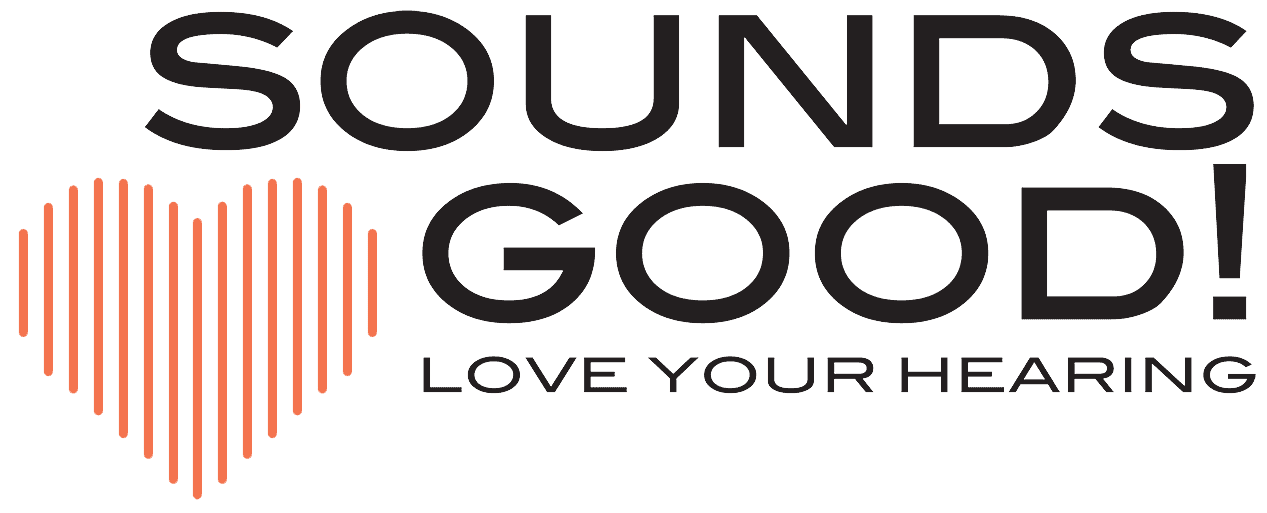- Best Practices for Safely Changing Hearing Aid Batteries - May 6, 2025
- The Connection Between Stress and Tinnitus - April 7, 2025
- Breaking Barriers to Hearing Health with Mobile Audiometric Testing Services - March 3, 2025
Hearing aids are essential tools for managing hearing loss and maintaining a high quality of life. However, like all devices, hearing aids have a limited lifespan and will eventually need to be replaced. Knowing when it’s time to get new hearing aids can be challenging, but there are clear signs to watch for. Understanding these signs and regularly scheduling hearing health exams can ensure that your hearing aids continue to meet your needs effectively.
Decline in Sound Quality
One of the most noticeable signs that it’s time for new hearing aids is a decline in sound quality. If you start experiencing more frequent static, distortion, or feedback, it could mean that your hearing aids are no longer functioning correctly. Even if the devices are still amplifying sound, these issues can significantly impact your ability to understand speech and enjoy everyday activities. When adjusting the volume or settings no longer resolves the problem, it may be time to consider an upgrade.
Frequent Repairs
All hearing aids require occasional maintenance and minor repairs. However, if you find yourself visiting your provider for repairs more frequently, this is a strong indicator that your hearing aids are nearing the end of their lifespan. Frequent malfunctions and breakdowns not only become inconvenient but also costly over time. Investing in a new pair of hearing aids can save you from ongoing repair expenses and ensure more reliable performance.
Changes in Hearing Ability
Your hearing ability can change over time, necessitating adjustments to your hearing aids. If you notice that you are struggling to hear conversations, even in quiet environments, or if you are frequently asking people to repeat themselves, it might indicate that your current hearing aids are no longer suitable for your level of hearing loss. A hearing health exam can determine whether your hearing aids need adjustment or if a new pair with advanced features is required to address your current needs.
Outdated Technology
Hearing aid technology is continually evolving, offering improved features and better performance with each new generation. If your hearing aids are more than five years old, they likely lack the latest advancements such as Bluetooth connectivity, rechargeable batteries, and enhanced noise reduction. Upgrading to new hearing aids with advanced technology can significantly improve your hearing experience, making it easier to connect to modern devices and enjoy clearer sound in various environments.
Physical Discomfort
Comfort is crucial when wearing hearing aids daily. If your hearing aids no longer fit properly, causing irritation or discomfort, it might be time for a new pair. Changes in ear shape, weight loss, or even the natural aging process can affect the fit of your hearing aids. Ill-fitting devices can lead to soreness and even ear infections. Newer models are designed with comfort in mind, offering a more customizable and secure fit.
Reduced Battery Life
Over time, the batteries in your hearing aids will start to lose their efficiency. If you notice that you need to replace or recharge your batteries more frequently, it could be a sign that your hearing aids are aging. While replacing batteries is a normal part of hearing aid maintenance, significantly reduced battery life can indicate that the devices themselves are wearing out. Upgrading to hearing aids with modern, energy-efficient technology can save you the hassle of constant battery changes.
New Hearing Needs
Lifestyle changes can also necessitate new hearing aids. If you’ve started a new job, picked up a new hobby, or experienced changes in your social environment, your hearing needs may have changed. Modern hearing aids come with various features that can be tailored to different environments, such as directional microphones for better hearing in noisy places, or connectivity options for streaming audio directly from your phone or TV. Ensuring that your hearing aids match your current lifestyle can significantly enhance your overall experience.
Consult with Your Provider
The best way to determine if it’s time for new hearing aids is to consult with your provider. During a hearing health exam, your provider can assess the condition of your current hearing aids, evaluate your hearing ability, and discuss any changes in your lifestyle or hearing needs. They can provide professional advice on whether adjustments or repairs are sufficient, or if new hearing aids are the best option for you.
Knowing when to get new hearing aids is essential for maintaining optimal hearing and enjoying life to the fullest. Signs such as a decline in sound quality, frequent repairs, changes in hearing ability, outdated technology, physical discomfort, reduced battery life, and new hearing needs all indicate that it may be time to consider an upgrade. Regular hearing health exams with your provider can ensure that your hearing aids continue to meet your needs effectively, providing you with the best possible hearing experience.

